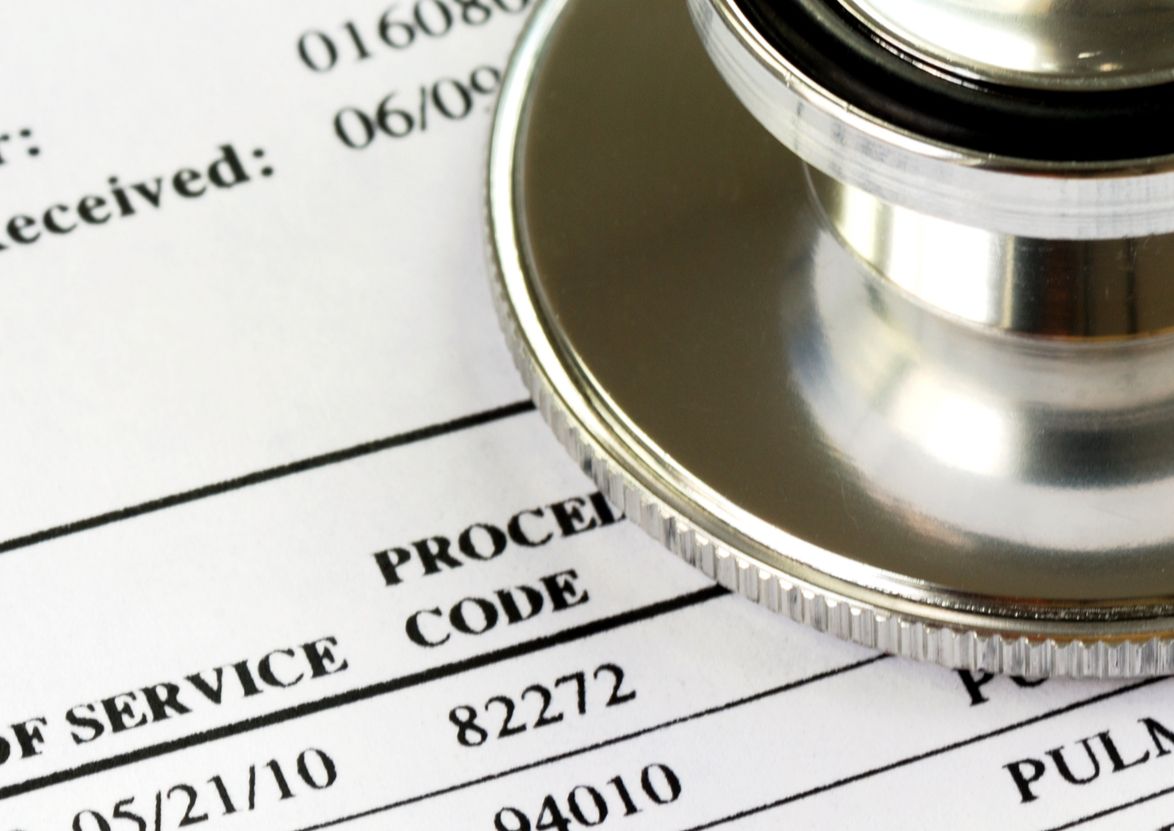Feds Warn Companies Against Violating 'No Surprises' Act

Millions of Americans have unpaid medical bills on their credit reports and one big reason is “surprise” charges – the ones that aren’t covered by a consumer’s health insurance.
The No Surprises Act, passed by Congress and signed by then-Pres. Trump in 2020, establishes new federal protections against medical bills that consumers had not expected.
Surprise expenses occur in about one in five emergency room visits as well as surprise billing for out-of-network care and “balance billing,” which occurs when an out-of-network provider refuses to accept discounted payment rates negotiated by the patient’s healthcare plan.
The NSA will protect consumers by:
- requiring private health plans to cover out-of-network claims and apply in-network cost sharing. The law applies to both job-based and non-group plans;
- prohibiting doctors, hospitals, and other providers from billing patients more than in-network cost sharing amount for surprise medical bills.
It also sets up a process for determining the payment amount for surprise, out-of-network medical bills, starting with negotiations between plans and providers and, if negotiations don’t succeed, an independent dispute resolution process.
Debt collectors and credit bureaus
The Consumer Financial Protection Bureau (CFPB) is reminding debt collectors and credit bureaus of the new protections and warning against violations.
“Companies that try to collect on medical bills that are prohibited by the No Surprises Act, or who furnish information to credit bureaus about such invalid debts, may face significant legal liability under the Fair Debt Collection Practices Act (FDCPA) and the Fair Credit Reporting Act (FCRA),” the agency warned in a news release.
CFPB said it will investigate claims and take action against companies that attempt to collect or report or furnish consumer information about debts stemming from charges that exceed the amounts permitted under the No Surprises Act.
Consumers can submit complaints about improper billing on the CFPB website.
“Too many Americans have been shocked by surprise medical bills and forced to pay up through credit report coercion,” said CFPB Director Rohit Chopra. “Our action today should serve as a reminder not to collect on or furnish credit reporting information about invalid medical debt.”
Pandemic aggravates the problem
Concerns over unexpected medical expenses and medical debt have been magnified by the global COVID-19 pandemic. Last year, the Federal Reserve Board reported that 17% of adults had major, unexpected medical expenses in the prior 12 months with the median amount between $1,000 and $1,999, and 23 percent of adults went without medical care due to an inability to pay.
In 2014, the CFPB published a report showing that 43 million Americans had overdue medical debt on their credit reports, and more than half of all overdue debt on credit reports is from medical debt.
“The No Surprises Act is the most critical consumer protection law since the Affordable Care Act,” said Health and Human Services (HHS) Secretary Xavier Becerra. “After years of bipartisan effort, we are finally providing hardworking Americans with the federal guardrails needed to shield them from surprise medical bills.
“We are taking patients out of the middle of the food fight between insurers and providers and ensuring they aren’t met with eye-popping, bankruptcy-inducing medical bills,” Becerra said.
Visit the Centers for Medicare & Medicaid Services (CMS) No Surprises Act website.
